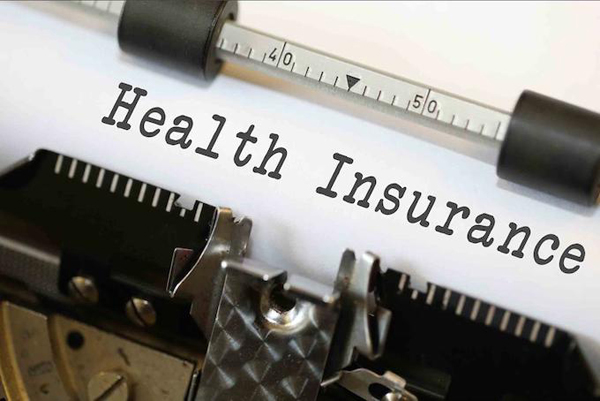- South Texas Students Meet Accordion Music Icons Los Tigres Del Norte In Edinburg Thanks To Khs America/Hohner Alianza Académica Initiative
- Fragile Planet Offers a Nighttime Wildlife Experience
- Falcons Soccer Off & Running
- Cameron County Receives Funds to Improve Two Parks
- Falcons Complete First Half of 32-6A
- School District to Help out Victims of California Wildfires
- Sand Castle Days Continued Despite Unexpected Weather
- Ready for District
- Discussion of Garbage Dumpster Rates, Agreements Between State & City on Highway Regulations, and More
- 31st Annual Shrimp Cook-Off is Right Around the Corner
More Texans Have ACA Health Coverage in 2018
- Updated: August 3, 2018

Texas has the highest uninsured rate in the nation. An estimated 4.6 million people in the state don’t have health coverage. Photo: Pixabay
by Eric Galatas
HOUSTON – Despite confusion over recent congressional efforts to repeal the Affordable Care Act, shorter enrollment periods and reduced advertising and outreach, the overall number of Texans with health coverage is on the rise, according to a new report by the Episcopal Health Foundation.
Brian Sasser, the foundation’s communications director, says 90 percent of Texans with active ACA health plans currently receive federal subsidies to help lower their premium costs.
“When you talk about people who actually signed up for a plan, and then paid their premium in 2018, there’s actually more people in Texas now who have active Affordable Care Act health insurance in 2018 than they did just one year ago,” he points out.
Sasser says 9 out of 10 Texans who signed up for ACA coverage during open enrollment last fall activated their plans in 2018.
Last year, just 78 percent of Texas enrollees activated plans.
As a result, Sasser says the ACA now provides affordable health coverage for more than 1 million Texans.
Sasser notes that while premiums increased by 32 percent this year, most Texans didn’t have to pay for that increase out of their pockets.
The report found that the average premium cost for Texans with subsidized ACA plans has dropped from $85 to $63 a month.
Sasser says more could be done to expand health coverage to more families, which also would help taxpayers who end up footing the bill when people can’t pay for health care.
“There’s just 4.6 million Texans who don’t have health insurance,” he states. “So, we’re all paying that bill in some form or fashion, and the health outcomes of people across the state are suffering because of that.”
Texas is one of 20 states that opted not to expand Medicaid coverage under the Affordable Care Act, and has the highest uninsured rate in the nation.
